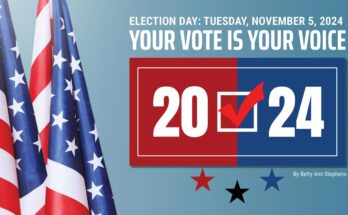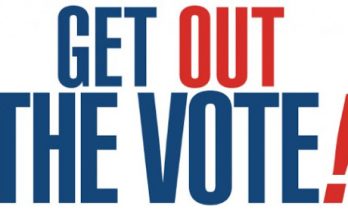Written by Kandist Millett | Reprinted from Blavity.com
According to a 2018 Pew Research report, 77 percent of newsrooms are occupied by white journalists, with 48 percent being white men. This means most Americans are having their news filtered through the lens of white male patriarchy. While that’s something we’ve all understood to be true for a while, that doesn’t mean it should be accepted, especially when we factor in how that lens impacts how we see the world, how it shapes our politics, the way we vote and what we deem to be important.
If a free press is fundamental in having a true democracy, then that press should represent the people. But take a look at most of the leading media organizations, and you’ll be hard-pressed to find people of color, much less Black men and women.
According to the Women’s Media Center’s The Status of Women of Color in the U.S. News Media 2018 report, of all journalists, including newsroom leaders, Black women only make up 2.62 percent. This startling number highlights the strong need and importance of a Black presence in the media. As we head into 2020 and begin the primary election season, being aware and critical of who is giving us our information is necessary to ensure that we are educated and voting wisely.
While most journalism schools will teach their students that being a good journalist means you being unbiased, the truth is that media is curated from journalists’ perspectives. As the senior political editor for Blavity:Politics, I decide daily what information I believe is important to our audience. That judgment is based on my perspective as a Black woman. There is no way I could separate my experience as a Black woman from anything that I do. Instead of denying this reality about media, we (those in media) should instead own up to it, so we are aware of how that impacts our coverage of current events.
Black media, when it’s at its best, serves a fundamental role in our democracy by ensuring that Black Americans aren’t left out in the political process and fight for government accountability. Although we often get boxed into niche markets, those in power would be best served to recognize the role that Black media plays in our country’s political process.
It is up to officials and politicians to make sure they are including Black media in their outreach and that they are addressing us not only when they want Black votes but on other major issues involving the economy, immigration, environmentalism and tech, as well.





